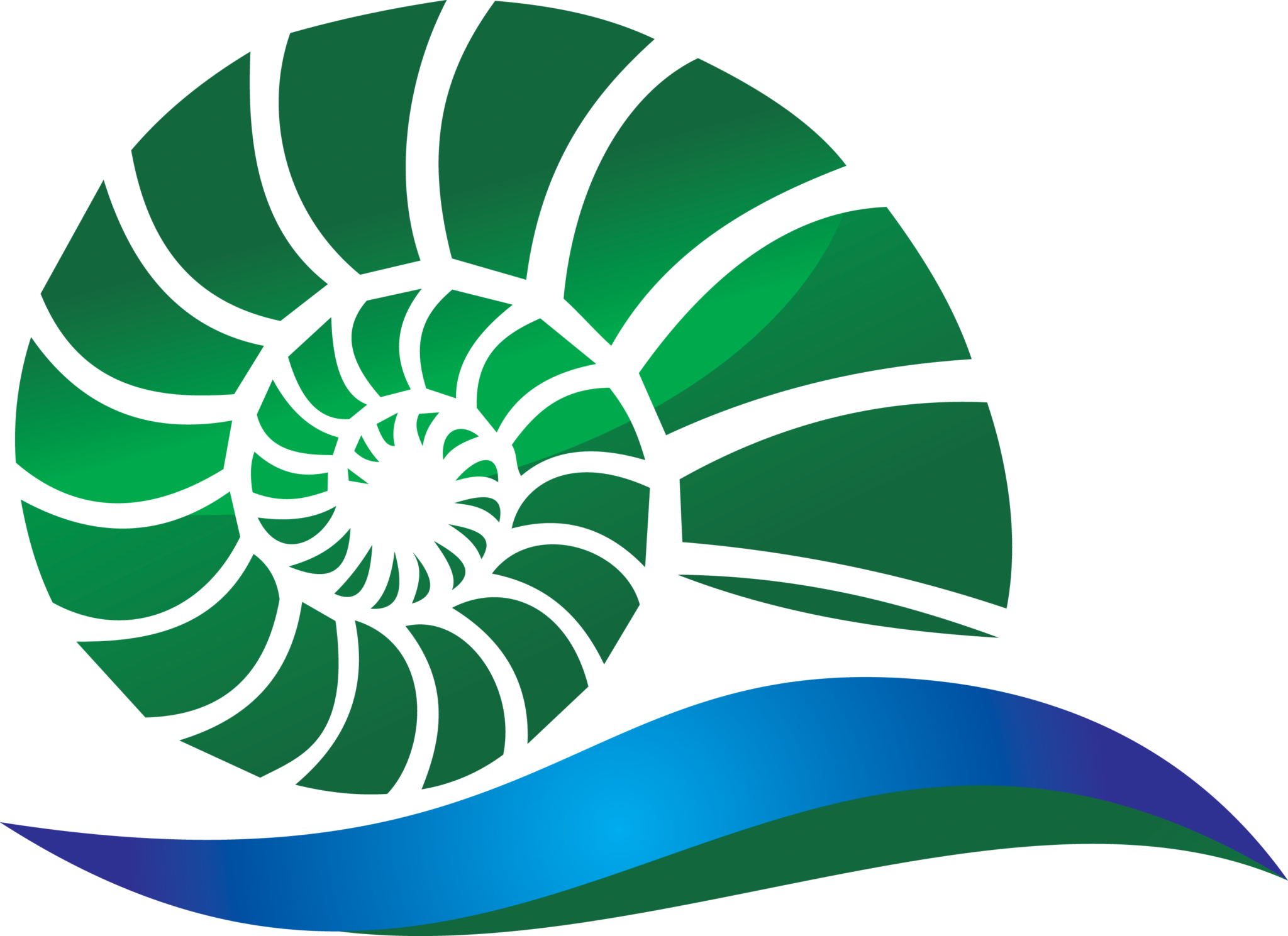My Lenses
A number of years ago I read an article by women researchers in which they presented another point of view about the supposed “objectivity” of researchers. Apparently in at least the initial phases of research conducted by men, there was a great deal of emphasis on the notion of the “objectivity” of the researcher. As I recall, the “objectivity” was validated by emphasizing that conclusions were drawn from quantitative data, leaving no room for a subjective point of view.
Women challenged the notion of “pure objectivity” by pointing out that we all bring our own experiences to bear on our research, and as a result, there is always some element of our subjective experience that enters into the process. For example, what we deem as important topics to research, how we go about the research, and who we decide to include in the research are all outgrowths of how we have been educated and acculturated to the process of creating new knowledge.
So, at least initially, women were more inclined to share the lenses that they believe helped inform their orientation to the work they were engaged in. I like the idea and find that getting in touch with my own lenses on issues helps me better understand and challenge my own thinking. So I’m happy to share an overview of my lenses as I understand them and how they relate to my blog. I anticipate that I’ll go into more depth within each lens in future posts.
I think of my lenses as “my roots!” Picture a tall, strong Northern Maple tree with an expansive system of roots that nourishes it and helps it stand strong and upright. One of my earliest and most prevailing roots is an attraction to Spirituality. My religion of origin was Catholicism, and while I am no longer a practicing Catholic nor do I think of myself as a Catholic, I do clearly recognize that in those formative years the Catholic teachings and teachers helped me develop a strong sense of conscious as well as an awareness of an inner life. I’m comfortable thinking of that inner life as my soul but I know that some people really struggle with that term. I suggest just substituting your own word for the concept; wisdom traditions often refer to “soul” as your “true self” or “inner self.”
As far back as my elementary school years, I experienced the richness of an awareness of an inner life. I was glad to have the notion of a conscience instilled in me, even though it took me years to broaden that sense of conscience to deeper understandings that go beyond adhering to a set of rules and regulations. I also enjoyed the rituals of the liturgy and that sense of “holiness” that I feel when I enter a building dedicated to a faith practice.
I more or less officially left the Catholic Church once I graduated from college. While I missed something about the experience of “going to church,” I had no desire to commit to another organized religion.
What I ended up doing was mostly reading anything and everything that came to my attention and that touched in some way on the notion of “spiritual.” I read a lot about human development, and was drawn to humanistic psychology as well as areas of psychology that focus on how we see the world through our own experiences and the perceptions that those experiences form.
Another pathway of insight presented itself through the writing and research of women that were presenting new ways of understanding women’s development as well as their voice. How wonderful it was to read Carol Gilligan’s book In a Different Voice and to understand more about my own development. Women of my generation had much to uncover and unpack as we shed some of the unstated yet re-enforced expectations about how we were to live, to think, and to present ourselves. While the readings of this period were life-changing, the real change-agents in this process of developing greater awareness of me as a woman were the conversations with other women who were working their way through the same processes.
I worked with a career counselor at one point in my career, and through a battery of tests and assessments, I took the Myers-Briggs. For those of you who aren’t familiar with this instrument, it is a great way to understand more about how you process the world. There’s no right or wrong answer. I learned that my Type is INFJ. Basically, I am an Introvert, am Intuitive, Feeling, and willing to make decisions or judgments once I have the basic information I feel I need. The “I” is the important piece of information in understanding my lens. Even before I knew or was labeled as an Introvert, I displayed all of the tendencies and signs of that type. I need time to myself, and need it daily, to process my experiences, my thoughts and my feelings. Based on this trait – not something I had anything to do with acquiring – I am inclined toward reflection and contemplation. I like thinking about things, I like learning more about the human experience, and I like trying to link what I’m learning with how I live my life.
Somewhere in my professional life as I began to read more widely, I also made the decision to become a vegetarian. I attribute that decision to reading Frances Moore Lappe’s book, Diet for a Small Planet. I also love animals so I was equally happy to move to a space where I was learning how to eat without killing animals.
Becoming a vegetarian naturally led to learning more about living a healthy life, so I began exploring exercise. Trust me I am no jock, and I’ve learned that it is important for one to find exercises that fit with one’s nature and comfort level. A friend and I met early before work as we worked our way into running. As I recall, it took me almost 3-4 months to be able to comfortably and consistently run a mile. I struggled with learning how to use my breath, and once I learned that, the goal of running became easier. Again, as you’ll often hear me repeat, once you start down a journey in pursuit of something, you’ll discover other things related to that journey that you might never have discovered if you hadn’t begun the original path.
Life experiences taught me about the challenge of cultivating and maintaining healthy relationships. It is a lot of work to unpack all of our blind spots that we bring with us to our relationships, and I believe the work is ongoing. Strong, healthy relationships are very important in my life, and while all of my relationships are different in that they each encompass different aspects of our lives, I especially value those relationships in which I feel the deepest connections, connections that are open to sharing the deeper parts of ourselves.
My work and career have been and continue to be a real anchor in my life. I love what I do to earn a living. I work in fields that support ongoing human development, and my work teaches me as much about who I am as person as anything else that I do.
For the last 7-8 years, I have been actively involved in developing a yoga practice. I started with hot yoga and stuck with it for a couple of years, even though I hated the heated aspect of it. It took me awhile to discover that there were different kinds of yoga practices, and now I’m deeply involved with more integrative approaches to yoga that include meditating and developing greater self-awareness.
So, here’s a highlighted overview of my lenses that I can definitely say influence the ways in which I see and experience the world:
* Embrace Spiritual Practices
*Celebrate My Woman’s Voice
*Pursue Healthy Lifestyle Habits
*Engage with my Work – both Professional and Volunteer efforts
*Cultivate and Nurture Healthy Relationships and Deep Connections to Others
*Value Teachings and Practices of the Eastern Traditions, including Yoga and Meditation.
One final word of caution…just because these words appear on paper in a somewhat organized fashion, don’t be fooled. Like most of us, my life has unfolded as much by serendipity as it has by planning and conscious choice. The thing to remember is that once we listen to our inner voices alert us to pathways that we want to explore, the journey will provide us with a GPS system that helps us determine how we build out on those initial steps.


